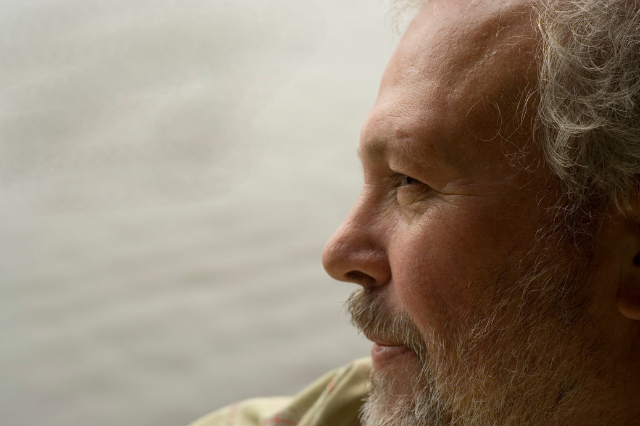When we speak with people nearing retirement, our team has found that one of the most common fears is that people are afraid of losing their purpose.
For many, their career and work have given their life purpose and structure. Once they’re retired, they may not know how to fill their newfound free time meaningfully and purposefully.
While planning for the financial side of retirement is fundamental, it’s also important to prepare for a purposeful lifestyle.
Planning ahead and creating goals for the future can help ensure that the transition to retirement is as seamless and enjoyable as possible. We’ll cover how to make your values the center of your retirement lifestyle while enjoying your golden years to the fullest.
Perform a Values Assessment
A values assessment is a simple way to uncover what’s most important to you. Performing a values assessment before you retire can help you decide how you want to spend your time and energy in retirement.
You might want to prioritize some values that include spending time with loved ones, charitable giving, pursuing creative endeavors, or seeking out new experiences.
Everyone’s different, so no two values assessments will look exactly alike. This process can be especially beneficial for couples nearing retirement together since it allows them to get on the same page about how they want to spend their time. Values to consider when performing a values assessment include:
- Spending time with family
- Making new friends
- Enjoying time outdoors
- Having adventures
- Helping others
- Enjoying alone time
- Contributing to society
- Learning new things
- Feeling a sense of belonging
- Having a flexible schedule
- Staying active
Dedicate time to discovering what these values are to you. Once you have them, you can use your answers to build a routine you love. What will a regular Thursday look like? Do you go to Saturday yoga with friends and grab coffee after? Do you want to take a course or learn a new skill like painting, design, golf, etc.?
Determine How You Find Purpose
Work is one of the main ways many people find purpose in their lives. But just because you’re no longer collecting a paycheck doesn’t mean that there aren’t other ways to find purpose and meaning.
As you near retirement, it’s critical to examine what you find fulfilling about your job. For instance, maybe your job has a tangible impact on other people, or perhaps you enjoy contributing to a team effort, working towards a specific goal, or fulfilling a creative vision. These elements don’t just apply to work—they can also apply to many other areas of life, from taking care of grandkids to finally setting aside some time to work on that novel.
While it may be a little disconcerting not to have worked as a ready-made way to find purpose at first, with a little bit of reflection, it’s easy to identify the things that make work meaningful in the first place.
In many cases, it’s not necessarily the money you make that provides you with meaning, but the activities you do and the people you do them with. Decoupling working for money and working for a purpose can help you focus on what really matters to you without worrying about the financial side of work—that’s the beauty of retirement.
How to Structure Retirement and Find Meaning
Determining your values and figuring out how you find purpose are two significant steps toward ensuring a fulfilling retirement. But it’s also important to come up with a concrete plan for how you’ll spend your days. Without a specific plan in place, it can be difficult to find structure and achieve your goals.
When planning for a happy retirement, it’s a good idea to consider both traditional and non-traditional options. While there are as many options for how to structure your time as there are retirees, a few common options include:
- Volunteer work and community service
- Writing a book
- Planting a garden
- Working part-time
- Spending time with grandkids
- Devoting more time to hobbies or special interests
- Traveling to a new country
These goals can run the gamut from one-time bucket list items, like planning a trip to France, to smaller everyday activities like a weekly family dinner. You should plan to structure your retirement both on a day-to-day basis and on a month-to-month and year-to-year basis for best results.
Retire With Purpose
It’s so common for some new retirees to feel the loss of purpose when they retire. Without the stability of their full-time jobs, many people don’t spend enough time thinking about creating that stability in their lives once it’s gone.
You may want to keep working in retirement—that’s great! Or perhaps you’re most excited about being a full-time grandparent and pursuing a long-held hobby. No matter what you choose to do, ensure you infuse meaning and joy into every day.
By planning for a sustainable, active lifestyle in retirement, you can focus your time on the things that matter most to you while also enjoying freedom from being obligated to work. If you’re nearing or retirement and looking for advice, we’d love to help. Get in touch with us today to learn more about our services!


